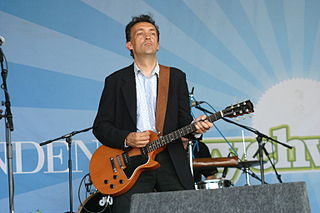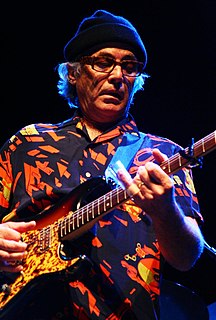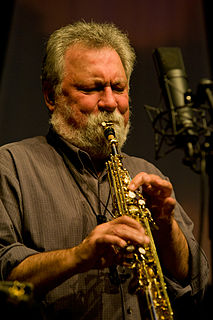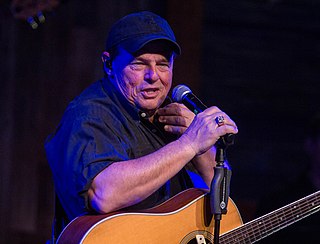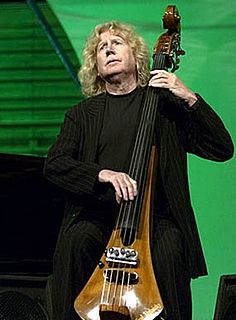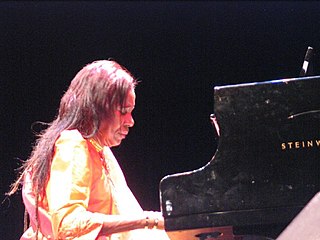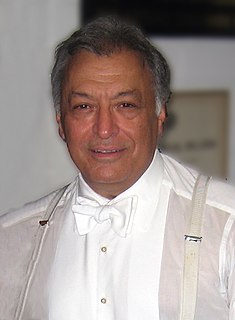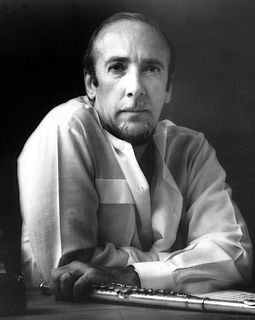A Quote by Justin Adams
There actually had been a tradition within English music of the '60s of people looking eastwards, maybe in quite a naïve way, but nonetheless, you had musicians like George Harrison or Bryan Jones recording the musicians of Joujouka in North Africa.
Related Quotes
I’m not saying that maybe there isn’t a kid out there whose behavior hasn’t been influenced by me in some way. I’m sure there is. But I can only speak for myself, and if you’d asked if my behavior had ever been affected by people I’d admired from afar, like musicians or footballers, that’d be a yes, totally.
I'm not saying that maybe there isn't a kid out there whose behavior hasn't been influenced by me in some way. I'm sure there is. But I can only speak for myself, and if you'd asked if my behavior had ever been affected by people I'd admired from afar, like musicians or footballers, that'd be a yes, totally. Right down to their hand gestures.
The high point of my entire junior high school career was going backstage after the first concert to meet the Beatles in person. I had a huge crush on George Harrison at the time, having inherited my family's passion for skinny musicians, and I was simply awestruck to be meeting the Fab Four in person.
Music was literally in the air at the time, the Vienna of 1780. Everybody played music, classical music. There were in fact so many musicians that in apartment buildings people had to come up with a schedule - you practice at 5 p.m., I'll practice at 6 p.m. That way the music didn't collide with one another.
